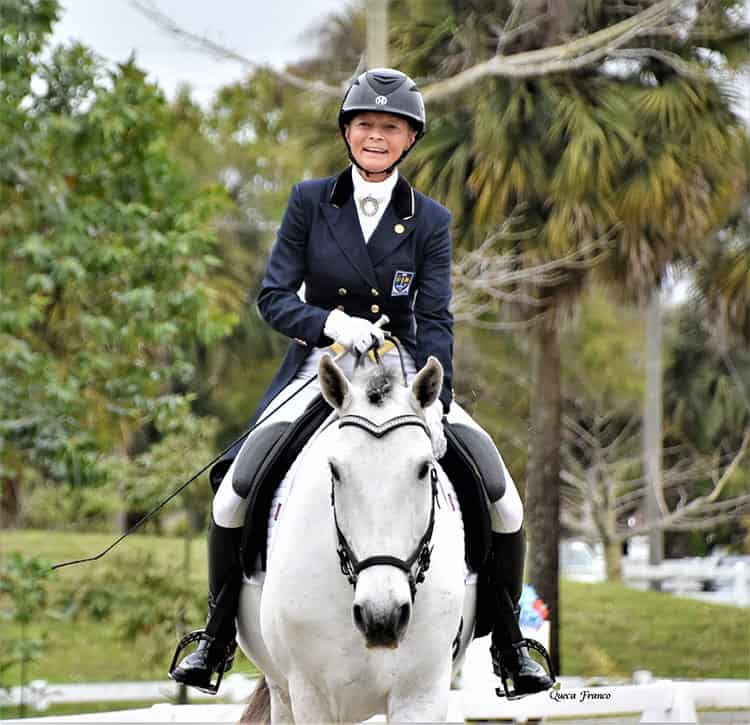Strategic Layoffs
Many equestrian sports are seasonal, with a competition season alternating with an off season. Even in sports that continue year-round, most trainers schedule a break from competition, which gives the horse a chance to recover mentally and
- Topics: Article, Conditioning For Competition
Many equestrian sports are seasonal, with a competition season alternating with an off season. Even in sports that continue year-round, most trainers schedule a break from competition, which gives the horse a chance to recover mentally and physically from the stress of traveling and competing. Consequently, long-term conditioning plans are based on including this down time.
Benefits of Deconditioning
At the end of the competition season, the horse benefits from “active rest,” which involves riding or driving for pleasure two or three times a week to preserve the strength and suppleness of musculoskeletal tissues, while allowing a slight reduction in cardiovascular fitness. If a baseline level of fitness is maintained with a reduced work schedule, reconditioning proceeds much more rapidly the following season. It is not recommended that horses be let down completely, except during recuperation from injury, because large oscillations in fitness are detrimental to long-term soundness. In older horses, it is very important to maintain fitness in the off season because reconditioning takes longer as the horse ages
Create a free account with TheHorse.com to view this content.
TheHorse.com is home to thousands of free articles about horse health care. In order to access some of our exclusive free content, you must be signed into TheHorse.com.
Start your free account today!
Already have an account?
and continue reading.

Related Articles
Stay on top of the most recent Horse Health news with


















